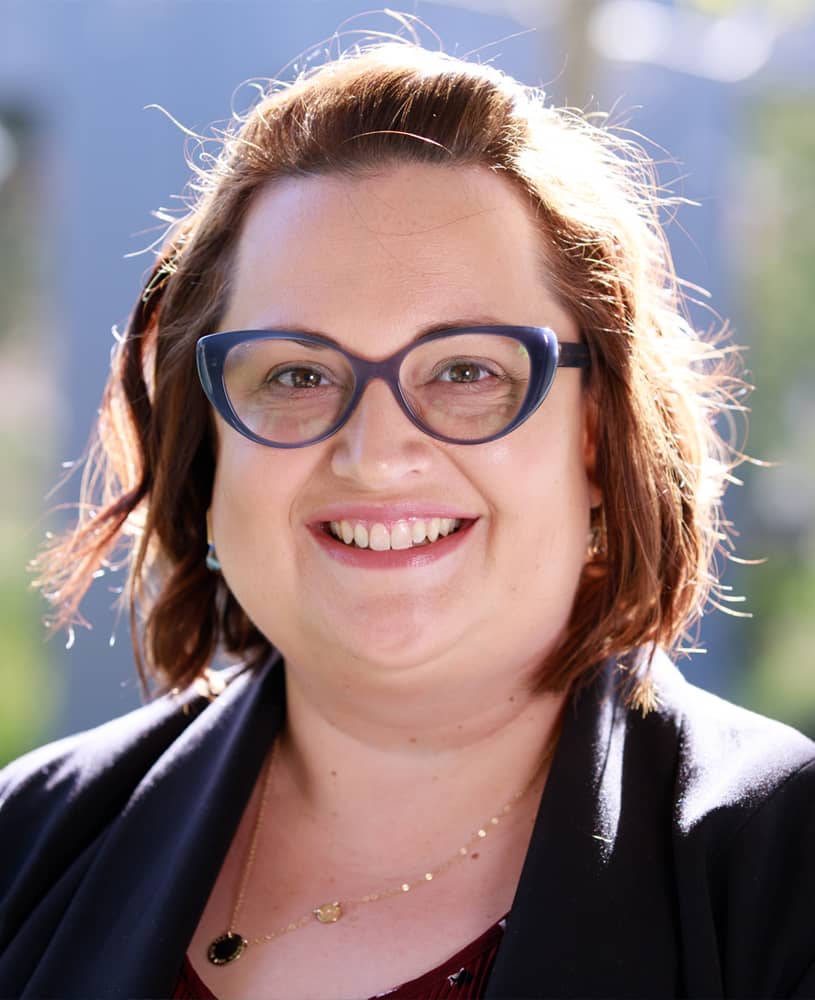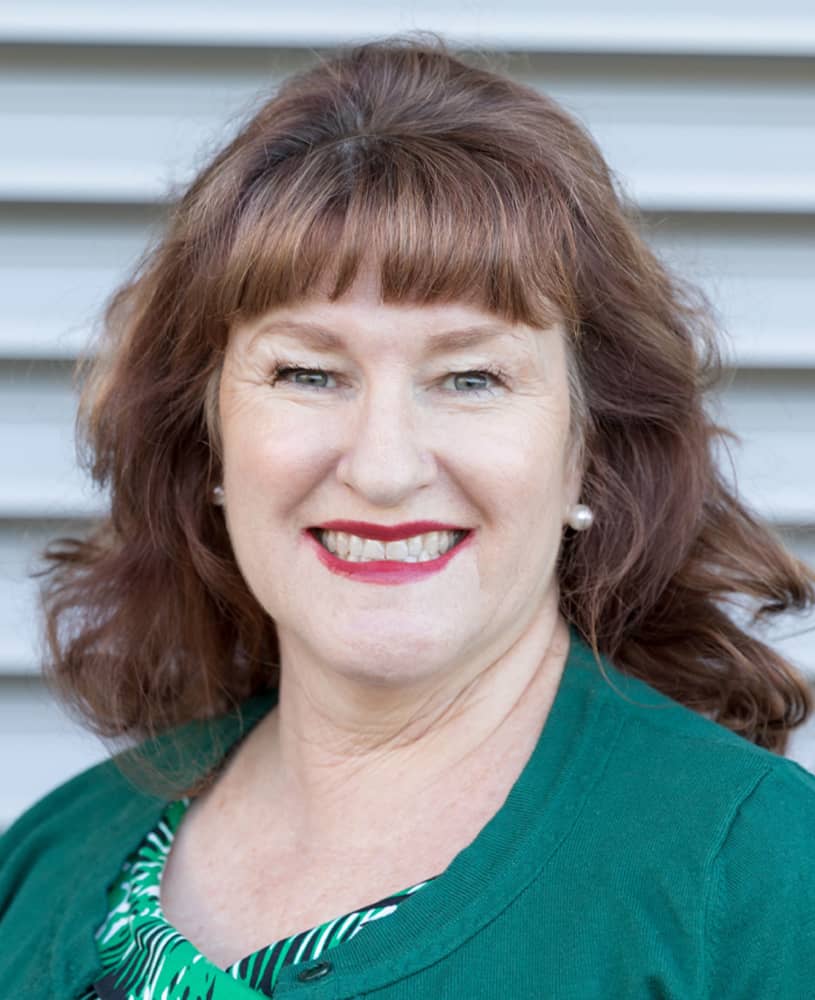The Healthy Ageing program of research focuses on how people can age well, with an eye to understanding the factors that influence and promote healthy ageing.
Program Lead

Live Well, Age Well
Background
Older Australians are our fastest growing population group, with over 4.2 million people aged 65 and over in June 2020. Most older people live in their own homes, often alone, while some live in purpose-built retirement villages. Health is a key concern for older people. Typically, they wish to stay at home for as long as possible. They want to maintain their health, wellbeing and independence in daily living and to strengthen their social networks. They also want to have the confidence that they will be able to receive appropriate support and care when required.
However, for many older people these goals are hard to achieve. Poor nutrition, a lack of physical activity and a lessening ability to manage at home hamper these attempts. Loneliness and isolation, as well as a lack of access to care can make this even worse.
The Study
Live Well, Age Well is a program for older people to enhance their health and wellbeing. It has been designed by the Centre for Women’s Health Research at the University of Newcastle with generous philanthropic funding.
The goal of Live Well, Age Well is to help older people to maintain their health, wellbeing and independence for as long as possible, to build and maintain social relationships and to be supported to do the things they love.
The program features five sessions involving an activity and information session. Activities range from Tai Chi and nature walks, to setting up smart phones and tablets. Examples of information sessions include medication reviews and navigating MyAgedCare. Each activity and information topic has been chosen by focus group representatives to ensure it is relevant and beneficial for older people.
Live Well, Age Well has been designed to encourage people to make friends and reduce social isolation. The program can be delivered in a range of settings, including residential aged care and by community groups such as churches, Rotary and Probus. You might consider offering the program to non-members as a way of introducing them to your group.
Live Well, Age Well is flexible and intended to be adapted to suit your particular setting and participants.

Beyond successful ageing: Longevity and healthy ageing among Australian women
Background
The latter period of life is often characterised in terms of the increasing burden of disease and disability, decline in physical function, decreased capacity for wellbeing and quality of life, reduced social participation and increased needs for health and social care. However, over recent decades, there has been a greater emphasis on the potential for people to age “successfully” and “healthy”. The World Health Organisation (WHO) 2015 World Report on Ageing and Health framed a public health goal of Healthy Ageing as a process of “building and maintaining for as long as possible of the functional ability that enables older people to be and to do the things they have reason to value”. This functional ability is determined by individual characteristics (“intrinsic capacity”) and by the environments an individual inhabits. The interaction between the capacity of an individual and their environments results in a range of healthy ageing trajectories which can be viewed as more or less positive. This process of Healthy Ageing extends beyond more limited notions of Successful Ageing which have focused more on an individual remaining disease-free and maintaining high levels of function. However empirical research comparing these models is required.
The study
This study makes optimal use of data from a large cohort of older Australian women, including an elite group who have lived beyond their life expectancy. The information will test the new WHO framework, moving beyond definitions of successful ageing, which apply to only a minority of older people. Detailed modelling to project potential health trajectories for the 1946-51 cohort will show whether these women can be expected to have a similar trajectory as already observed for the 1921-26 cohort.
This project uses over 20 years of survey and qualitative data from women in the Australian Longitudinal Study on Women’s Health (ALSWH) to compare models of successful and healthy ageing and to provide a greater understanding of the many experiences of ageing and late life. Specifically, it examines changes within cohorts of Australian women born 1921-26 and 1946-51 to identify trajectories of Healthy Ageing as defined by the WHO and compare these as to whether or not women can be considered to have achieved Successful Ageing using disease and disability based models of ageing.
The research aims to understand how women’s own descriptions of their later lives converge or differ from the empirical models. It involves a uniquely comprehensive examination of the many trajectories of ageing and provides an in-depth understanding of women’s experience of the ageing process, the many ways in which current cohorts have aged well and how future cohorts of women might age well.